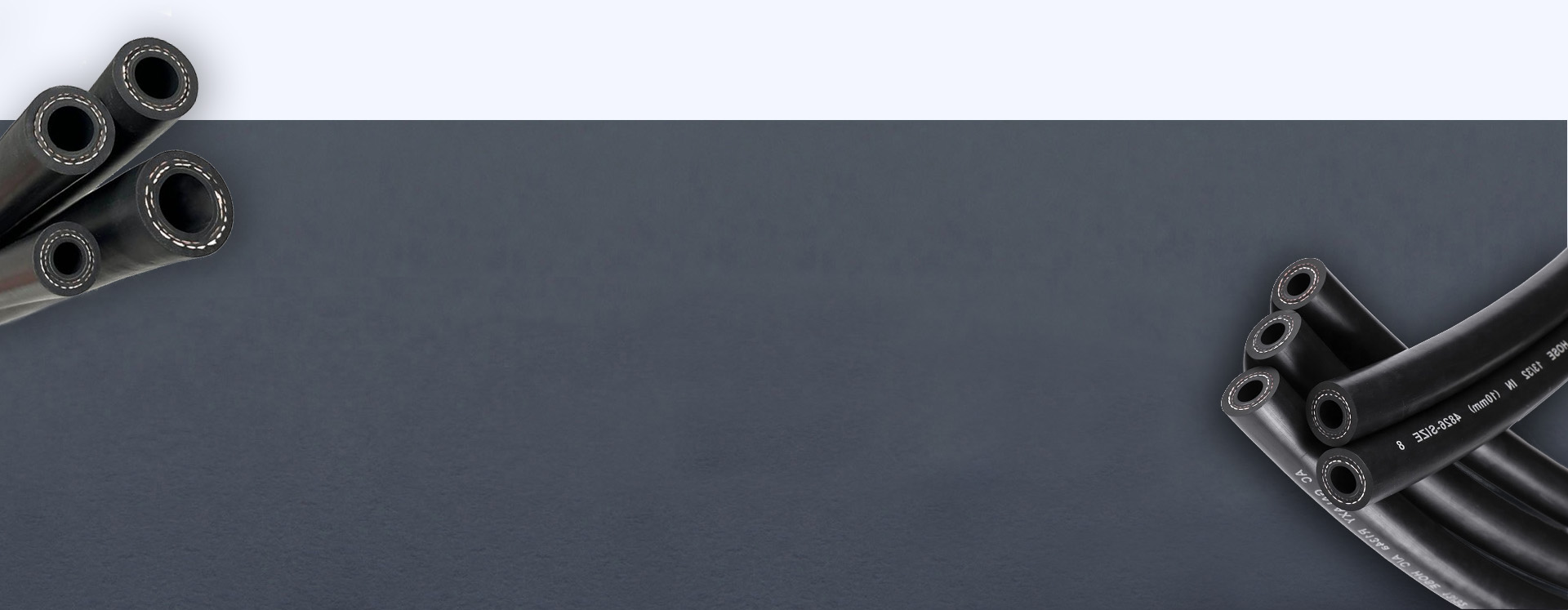Understanding AC Pressure Hose Functions and Importance in Automotive Cooling Systems
Oct . 03, 2024 03:34 Back to list
Understanding AC Pressure Hose Functions and Importance in Automotive Cooling Systems
Understanding AC Pressure Hoses A Comprehensive Guide
In the realm of automotive maintenance, particularly when discussing air conditioning (AC) systems, one component that often goes unnoticed yet plays a crucial role is the AC pressure hose. These hoses are vital for the optimal functioning of the AC system, ensuring that refrigerants are efficiently transported and that temperature regulation within the car is maintained. This article aims to delve into the importance of AC pressure hoses, the types available, common issues, and tips for maintenance.
The Role of AC Pressure Hoses
The AC pressure hose is an integral part of any vehicle’s air conditioning system. It serves as a conduit for the refrigerant to travel between various components, such as the compressor, condenser, and evaporator. There are typically two types of hoses in an automotive AC system the high-pressure hose and the low-pressure hose.
1. High-Pressure Hose This hose carries refrigerant from the compressor to the condenser, where it is cooled and converted from gas to liquid. The high-pressure system operates at very high pressures, which is why these hoses are often reinforced to prevent leaks or bursts.
2. Low-Pressure Hose From the condenser, the refrigerant moves through the low-pressure hose to the evaporator. This hose operates under lower pressure, but it too must be resilient to resist wear and tear from the refrigerant and the surrounding environment.
Common Issues with AC Pressure Hoses
AC pressure hoses can face numerous issues over time due to exposure to heat, moisture, and chemicals. Some common problems include
- Leaks The most prevalent issue with AC hoses is the development of leaks. These can be caused by physical wear, abrasions, or chemical degradation. A leak in the system can lead to insufficient refrigerant levels, resulting in poor cooling performance.
- Cracks and Damage Hoses can become brittle and develop cracks due to age and exposure to elements. High temperatures, especially in the engine bay, can exacerbate this issue.
- Improper Installation Incorrectly installed hoses can lead to kinks or excessive bends, resulting in reduced efficiency or even ruptures under pressure.
Signs of Hose Issues
ac pressure hose

Identifying problems with your AC pressure hoses early can save you from costly repairs and discomfort during hot weather. Here are some signs to look out for
- Unpleasant Odors A musty or chemical smell inside the vehicle can indicate a refrigerant leak, often associated with hose damage.
- Poor Cooling Performance If your AC system struggles to cool the cabin effectively, it may be due to low refrigerant levels caused by a leak in the hoses.
- Visual Inspection Regularly check the hoses for any signs of fraying, cracking, or bending. If you notice any of these issues, it’s time for immediate replacement.
Tips for Maintenance
To ensure the longevity of your AC pressure hoses, consider the following maintenance tips
1. Regular Inspections Schedule routine inspections of the AC system, ideally during seasonal check-ups, to catch potential issues early.
2. Keep It Clean Debris and dirt can accumulate around hoses, leading to premature wear. Regular cleaning can help maintain their integrity.
3. Use Quality Parts When replacing hoses, opt for high-quality replacement parts that meet or exceed manufacturer specifications to ensure optimal performance.
4. Professional Help If you're not comfortable diagnosing or replacing AC hoses, seek help from a certified technician. They have the experience and tools necessary to accurately assess and address your AC system's needs.
Conclusion
Understanding the significance of AC pressure hoses is essential for any car owner, especially in areas with extreme weather conditions. These hoses are a critical component of your vehicle’s air conditioning system, and their maintenance plays a significant role in both comfort and performance. By being proactive in inspecting and maintaining your AC pressure hoses, you can ensure a cooler, more pleasant driving experience. Whether through visual checks or seeking professional advice, staying vigilant about the health of your hoses is a worthwhile investment in your vehicle’s overall performance.
